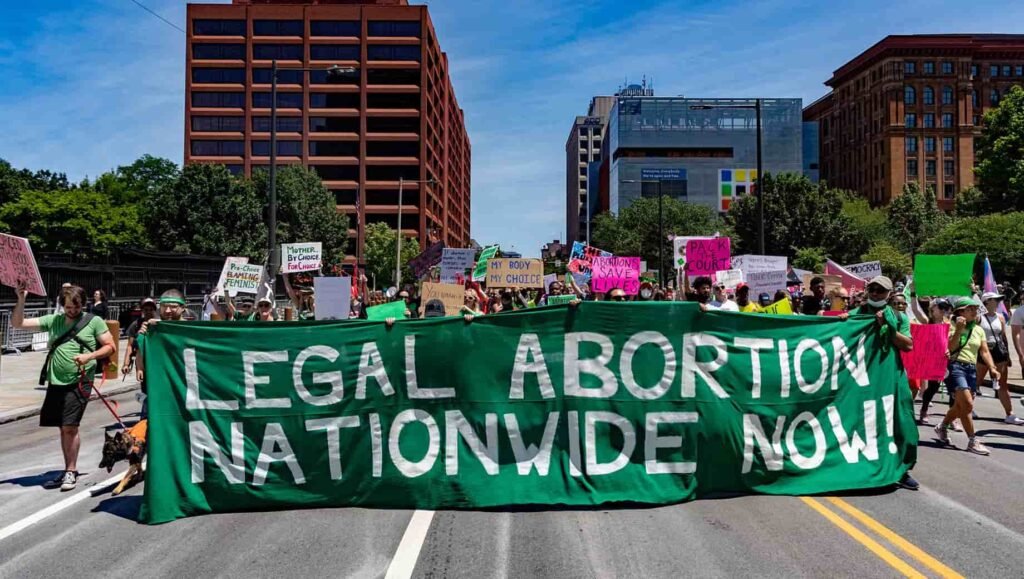As of July 13th, 2023, the Food and Drug Administration has approved the first-ever non-prescription daily birth control. Perhaps as a result of how difficult it is now to get an abortion, these non-prescription pills may be a relief to many women who are looking for a more accessible contraceptive option. “OTC birth control is available in over 100 countries, so we’ve been behind in availing safe, effective methods such as this oral contraceptive pill to individuals who are trying to avoid pregnancy,” said Dr. Melissa Simon, a professor of clinical gynecology. This goes to show the lack of safe contraceptive methods that the United States offers to women. Nearly half of the 6.1 million pregnancies in the US each year are unintentional, and there is hope that this pill will help prevent such pregnancies. This medication, although not expected to be available until early 2024, will be accessible in drug stores, convenience stores, grocery stores, and online, according to the FDA. However, this approval of the pill is only one of many steps necessary to recover the damage done by the overturning of Roe V. Wade.
Over a year ago in June of 2022, the Supreme Court case Roe v. Wade was overturned. This essentially took away women’s right to make their own decisions about terminating pregnancies. Individual states are now allowed to make their own decisions on the allowing of medical abortions. Thousands of people were enraged and participated in marches and protests to speak up about this controversy. However, a year later, laws banning abortion have reached a peak as over half of the states have completely banned abortion and gotten rid of clinics that provide services. What does this mean for women?
As a result of these laws being enforced, there has been an increase in the number of unsafe, self-attempted abortions. In 2022, these self-inflicted abortions made up 13% of all pregnancy-related deaths. This goes to show that there is no ban on abortion. There is only a ban on safe abortion. And what’s the good in that? So, the banning of abortions has led to many ripple effects such as these dangerous home procedures along with the approval of the non-prescription pill.
Furthermore, the banning of abortions reflects racial disparities. Many of the states that have banned abortion are Southern states, along with the Plains, which have a larger proportion of Black, Hispanic, and Indigenous women. This creates an unfair level of treatment for certain groups of women as these women may have to travel long distances to other states to obtain a medical abortion.
Overall, the banning of abortion wreaks havoc on the community of women who are affected. Despite all the negative outcomes such as unsafe abortions and racial disparity, there is still light at the end of the tunnel as new methods of contraceptives are slowly but surely being made available. With the continuance of further voicing opinions and fighting against the Supreme Court ruling, we can be optimistic about seeing changes in the laws regulating a woman’s decision about her own body.
Works Cited
Totenberg, Nina, and Sarah McCammon. “Supreme Court Overturns Roe v. Wade, Ending Right to Abortion Upheld for Decades.” NPR, NPR, 24 June 2022, www.npr.org/2022/06/24/1102305878/supreme-court-abortion-roe-v-wade-decision-overturn.
Belluck, Pam. “Abortion Pills Can Now Be Offered at Retail Pharmacies, F.D.A. Says.” The New York Times, The New York Times, 3 Jan. 2023, www.nytimes.com/2023/01/03/health/abortion-pill-cvs-walgreens-pharmacies.html.
